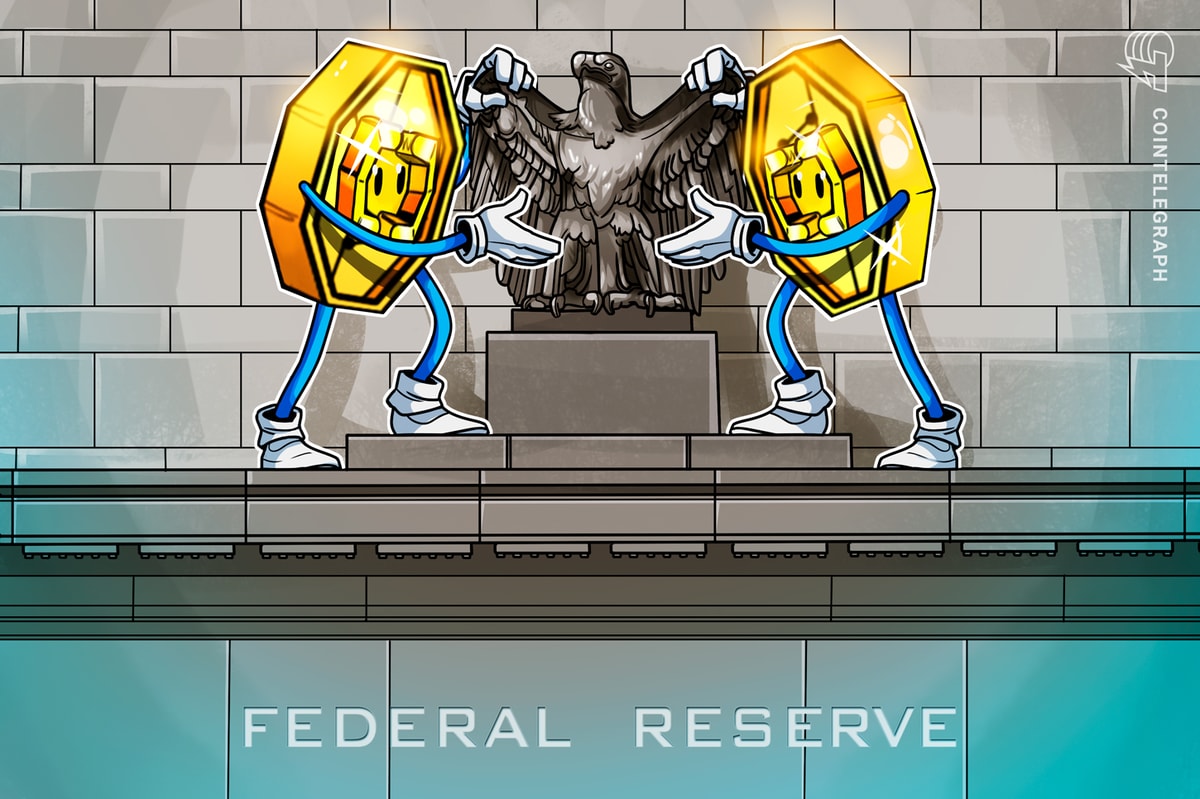Second-largest U.S. mortgage lender ditches its plan to accept payments in bitcoin
3 min read
U.S. homebuyers apparently aren’t all that interested in paying their mortgages in cryptocurrencies like bitcoin.
United Wholesale Mortgage, which made its public debut in January via a special purpose acquisition (SPAC) merger, began piloting crypto payments in August in a first for the industry. But CEO Mat Ishbia now tells CNBC that after testing it out, the company decided it wasn’t worth it.
“Due to the current combination of incremental costs and regulatory uncertainty in the crypto space, we’ve concluded we aren’t going to extend beyond a pilot at this time,” said Ishbia.
The Michigan-based mortgage company tried three different types of crypto – bitcoin, ether, and dogecoin – and multiple different borrowers to see how the process would work. UWM successfully accepted its first-ever cryptocurrency mortgage payment in September and five more in October.
But ultimately, the demand wasn’t there. Ishbia tells CNBC that borrowers “liked it” and “said it was cool” but having the option to transact in crypto “wasn’t a driver.”
“There was not enough demand at the end of the day to really push the envelope too hard,” he said.
It’s the latest evidence that many cryptocurrency users are treating it as an investment rather than a replacement for money. While cryptocurrency prices have risen in the last year, it’s still seldom used to buy and sell physical goods. Instead, most investors adhere to a “HODL” (hold on for dear life) mindset, wherein they buy and hold their virtual coins in hopes they’ll rise in value. In the last year, that’s been a good bet — bitcoin is worth more than five times as much as it was a year ago, while ether is up more than ten times.
Both Treasury Secretary Janet Yellen and SEC chair Gary Gensler said they have no plans to impose restrictions on cryptocurrency trading. However, the proposed infrastructure bill contains new reporting requirements for cryptocurrency “brokers,” and prominent players in the space, including Coinbase and Andreessen Horowitz, have asked regulators for more clarity.
UWM – the nation’s second-biggest mortgage lender after Quicken, the Detroit-based lending giant owned by Rocket Companies – works solely through wholesale channels, meaning that the company employs a fleet of brokers who then connect clients to home loans.
The company itself does not hold cryptocurrencies on its balance sheet. UWM converted the tokens it received to fiat currency at the point of transaction.
For the six homeowners who took part in the experiment, some may now face a tax bill for the payments they made in crypto.
Because the IRS classifies digital currencies like bitcoin as property, making a mortgage payment in crypto is considered a taxable event.
There’s always a difference between how much you paid for the cryptocurrency, which is the cost basis, and the market value at the time you spend it. That difference can trigger income capital gains taxes, in addition to the other taxes you have to pay, such as sales tax.
“The one thing that a lot of people don’t realize is that whenever you spend cryptocurrencies to buy a cup of coffee, or any type of consumer item, that triggers a capital gains event,” said Shehan Chandrasekera, a CPA and head of tax strategy at CoinTracker.io, a digital currency tax software company that helps clients track their crypto across virtual wallet addresses and manage their corresponding tax obligations.
UWM could pull the project off the shelf in the future if enough borrowers eventually take an interest.
Ishbia tells CNBC that as crypto “becomes more mainstream, we’re able to turn it on any day. We know how to do it now.”







